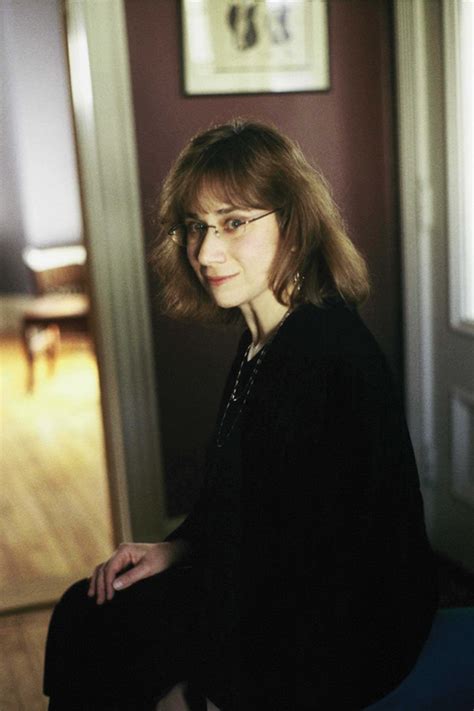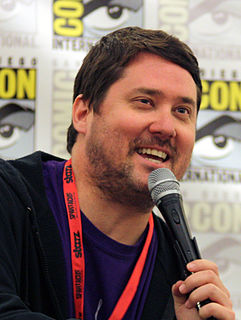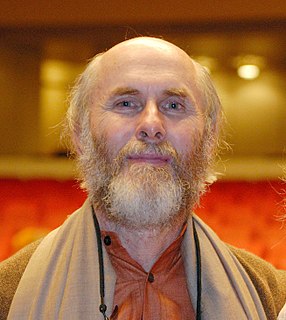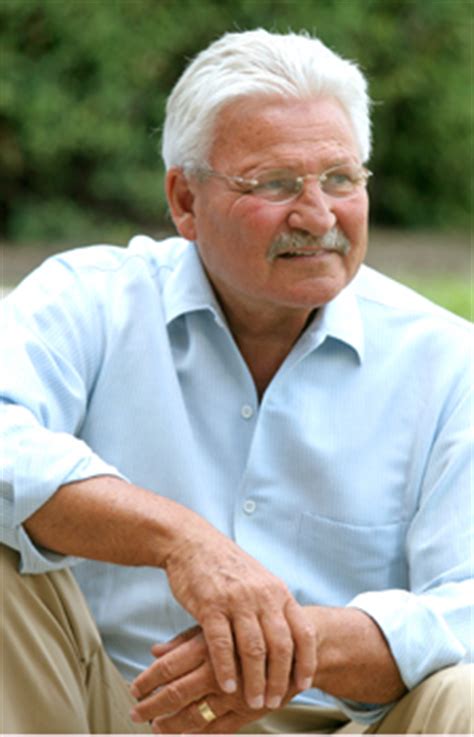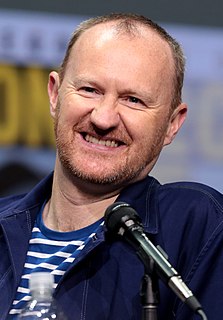A Quote by Kenneth Branagh
'Frankenstein' feels like an ancient tale, the kind of traditional story that appears in many other forms.
Related Quotes
Frankenstein feels like an ancient tale, the kind of traditional story that appears in many other forms. It appeals to something very primal, but it's also about profound things, the very nature of life and death and birth - about, essentially, a man who is resisting the most irresistible fact of all, that we will be shuffling off this mortal coil.
The man who suffers from a sense of sin is suffering from a particular kind of self-love. In all this vast universe the thing that appears to him of most importance is that he himself should be virtuous. It is a grave defect in certain forms of traditional religion that they have encouraged this particular kind of self-absorption.
My parents took me to that I think is just one of those near-perfect comedies is Young Frankenstein. Gene Wilder and Mel Brooks, they're at the height of their game. The two of them working together was amazing. Yeah, just a terrific story. You get emotionally involved. Jokes all the time, jokes that come from story. Like, they don't have to go wildly out of their way to make the jokes. It's a parody of Frankenstein movies, but also it stands as one of the great ones, one of the great Frankenstein movies.
At the time, I didn't know why, but I know now that when I was a little boy, I was scared to death of the Frankenstein films ... and in all these years later, I wanted it to come out with a happy ending, and I think it was my fear of the Frankenstein movies when I was 8 and 9 and 10 years old that made me want to write that story [Young Frankenstein].
[Comedies], in the ancient world, were regarded as of a higher rank than tragedy, of a deeper truth, of a more difficult realization, of a sounder structure, and of a revelation more complete. The happy ending of the fairy tale, the myth, and the divine comedy of the soul, is to be read, not as a contradiction, but as a transcendence of the universal tragedy of man. ...Tragedy is the shattering of the forms and of our attachment to the forms...
I've been with the project for like three years: creating it, pushing it. [There] becomes a certain doubt when you're pitching this story to people. ["The Land" is] a cautionary tale. It's not the brightest or best ending to a film when you're telling a cautionary tale about four kids, kids who are killing each other, kids who are products of the streets.
The artist usually sets out -- or used to -- to point a moral and adorn a tale. The tale, however, points the other way, as a rule. Two blankly opposing morals, the artist's and the tale's. Never trust the artist. Trust the tale. The proper functions of a critic is to save the tale from the artist who created it.
Ancient worship . . . does truth. All one has to do is to study the ancient liturgies to see that liturgies clearly do truth by their order and in their substance. This is why so many young people today are now adding ancient elements to their worship. . . . This recovery of ancient practices is not the mere restoration of ritual but a deep, profound, and passionate engagement with truth—truth that forms and shapes the spiritual life into a Christlikeness that issues forth in the call to a godly and holy life and into a deep commitment to justice and to the needs of the poor.

